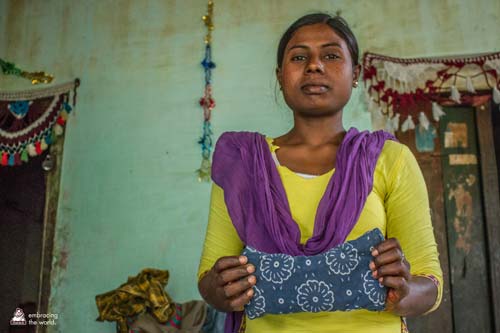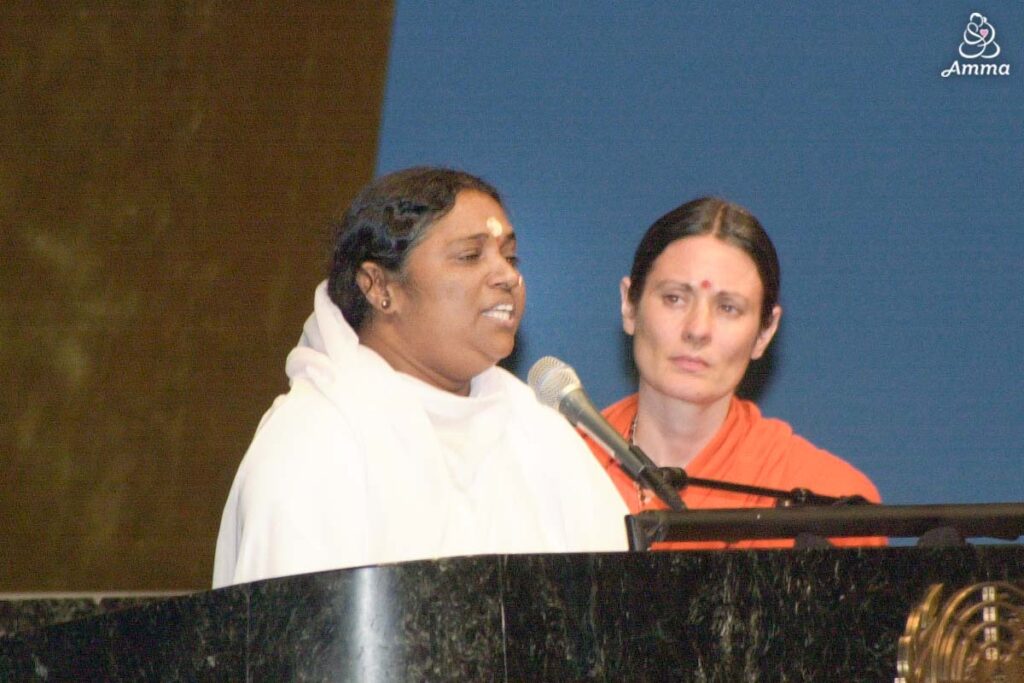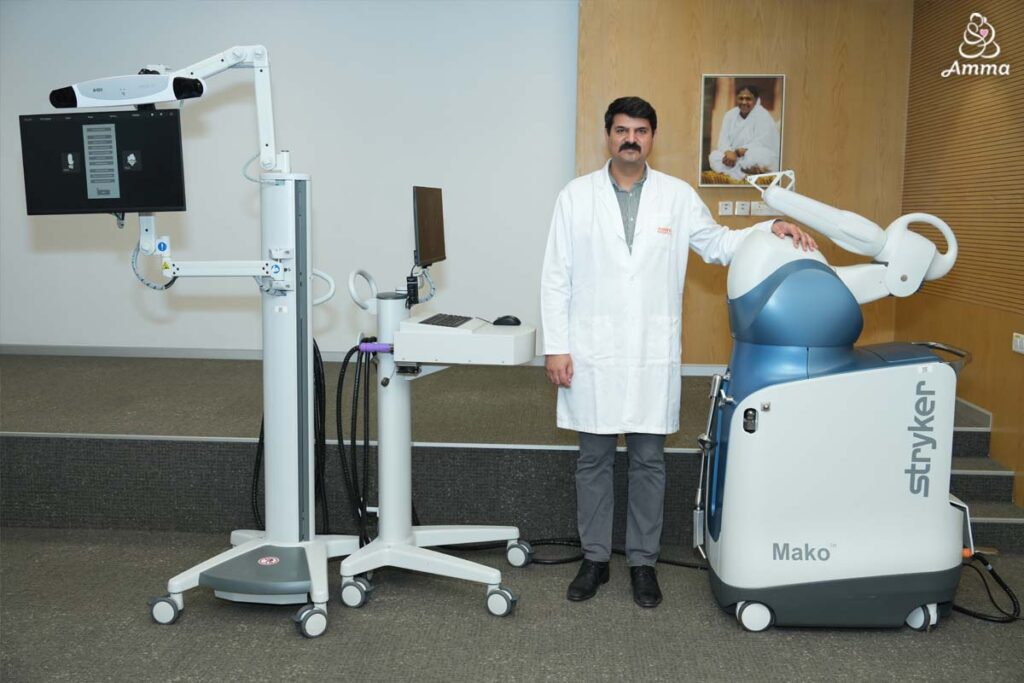Amrita SeRVe’s new reusable cloth sanitary napkin received the Most Innovative Product Award at the annual product expo of the National Institute of Rural Development. The product was developed as an affordable, sustainable alternative to the modern sanitary napkin, which is 90% plastic. As such, it is non-biodegradable. It is estimated that 9,000 tons of menstrual waste are generated per month throughout India. Burning used napkins produces toxins that are harmful both for the environment and the human body, and currently there is no way to safely dispose of used sanitary napkins in an eco-friendly manner.
Beyond sustainability, our product has the potential to significantly improve an important public health marker. In India today, only 8-12% of women use sanitary napkins. The rest find it too expensive to buy disposable sanitary napkins to manage their periods every month. In 2011, the Union Health and Family Welfare Ministry launched a project to provide subsidized sanitary napkins to all adolescent girls (aged 10-19) in rural areas at a cost of 1 rupee / pad. The project has been implemented places across the country, but some environmental groups have pointed out that this approach will lead to a growing amount of sanitary waste, which will bring its own set of challenges.
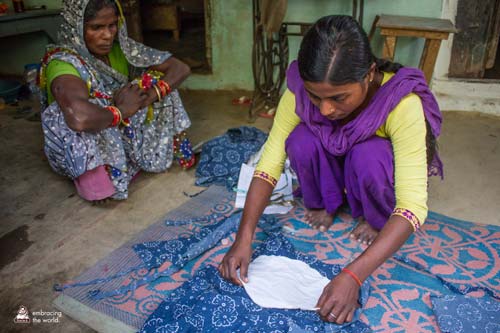
It was in response to these issues that we developed our new reusable cloth sanitary napkin to address women’s health needs with a sustainable solution. The product was first presented at the annual National Institute of Rural Development, along with 300 exhibitors from around the country. In addition to winning the Most Innovative Product Award, we were very pleased to see the level of interest the product generated among exhibitors and attendees.
“So many women who visited our stall showed a keen interest in the napkin,” stated Manjula Chandalia, a full-time volunteer with Amrita SeRVe. “There seems to be growing awareness among young and educated urban women in our country today of the need to shift to eco-friendly products.”
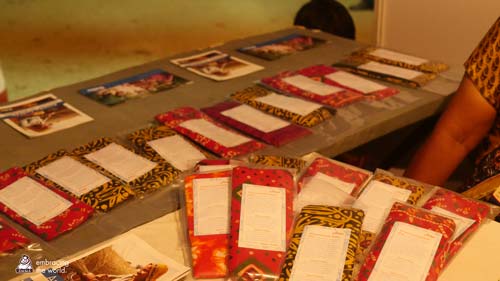
The cloth sanitary napkin was designed and initially sold at our international headquarters, Amritapuri. Its design is better than that of other similar products currently available in the market because it is designed to look like an attractive accessory, which is not obviously a sanitary napkin. Thus women feel comfortable allowing it to dry in the open, where it can be exposed to sunlight and dry properly. Washing is easy, and the cotton cloth used to make the napkin ensures that no trees need to be cut down to make the fluff pulp that is the absorbent in disposable napkins.“This sanitary napkin works out much cheaper than the disposable product as it will last many years. Washing a used Amrita sanitary napkin is as easy as washing one’s handkerchief. When the napkin is hung up to dry, it just looks like a simple piece of cloth,” stated Manu Wadhwa, who is also part of the team.
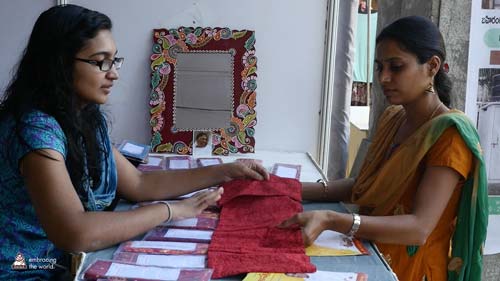
Currently women in the Amrita SeRVe villages are being trained in making these napkins. They are available online at https://saukhyampads.org/. The first sale in the field was recently made to young women from our village of Chattisgarh.


